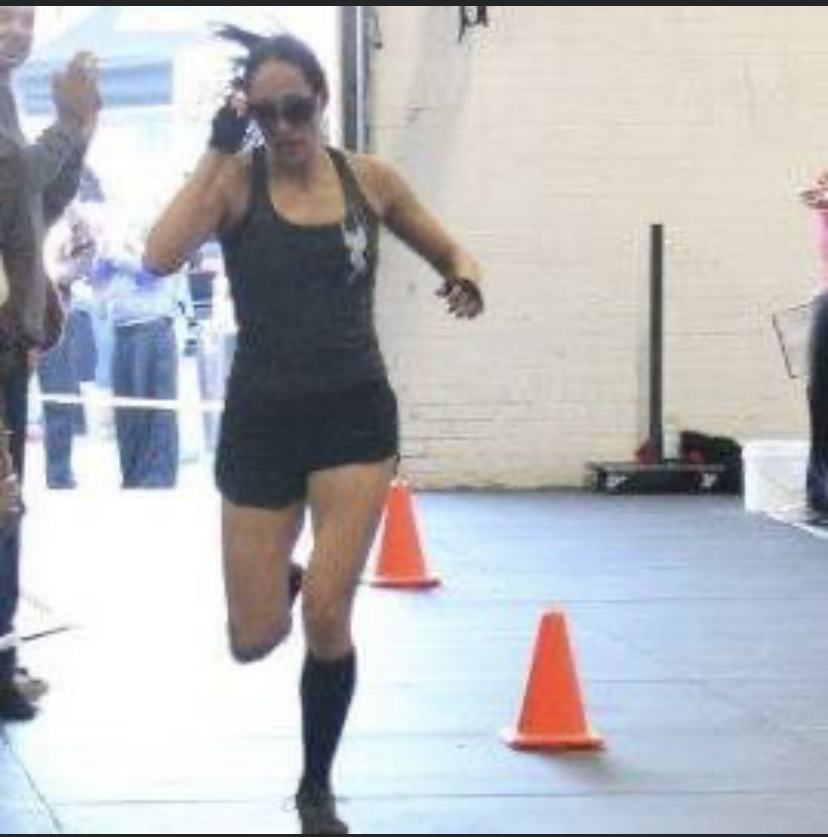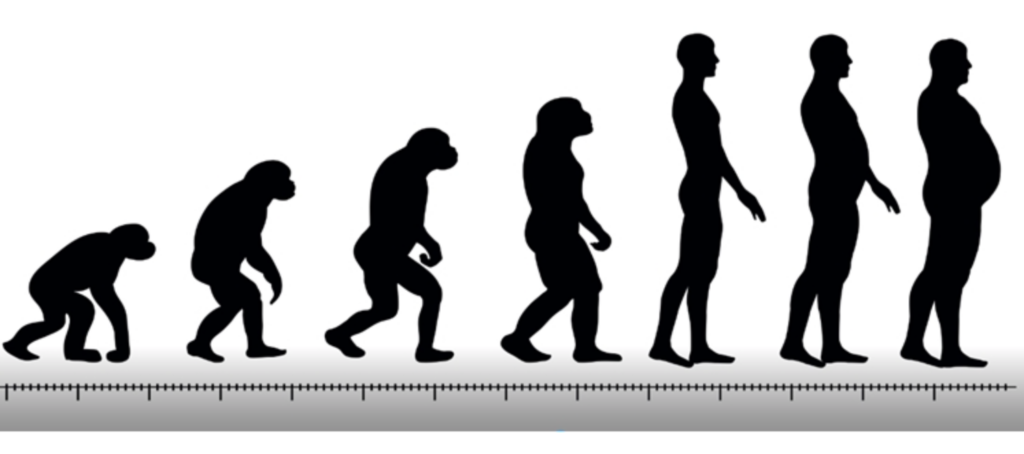I continue to do CrossFit at 55 years old because it’s a fun way to challenge myself, stay fit, and if I had to run a mile at full speed, I want to be able to do it. We don’t think about the unknown and unknowable until it happens, for many not having the strength to lift their own body weight or run away from danger is the reality they face physically. As a CrossFitter you are putting in the time and effort and that is enough to get you into the next decade of life with vitality and avidity.

Southie Showdown 2013
There is another aspect of aging much murkier to understand. It’s probably not something you will want to talk about, because you may think it’s out of your control. Our cognitive health is important to our overall health. If you experience cognitive decline as you age you are going to be less likely to run a mile, deadlift your body weight or complete a workout in class with your gym buddy. This aspect of our overall health is the least talked about but the good news is I see a shift in the literature and in my estimation, as a fitness professional, a very important shift. Health and fitness professionals are starting to discuss the importance of cognitive health as part of a healthy aging process. The question remains, why would you want to take a genetic test and find out if you are predisposed to Alzheimer’s and dementia?
This is a very personal and private decision. I cannot tell you to take a genetic test because finding out if you have the marker for Alzheimer’s can be emotionally difficult to accept. I did the genetic test with Caitlin our dietician because I wanted to know if I was predisposed to dementia. My mother’s mother died at 76 of dementia and she lived with dementia for 10 years prior to her death, bed ridden and unable to care for herself. I wanted to know what the future held for me.
The APOE gene is what you will be looking at and more specifically you will want to see if the marker on this gene is F2, F3 or F4. Let me break it down:
F4 marker indicates you are predisposed to Alzheimer’s. It’s the oldest marker on the APOE gene. Our caveman ancestors needed this marker to survive from illness caused by unknown viruses and bacterial infections. Cavemen and women rarely lived past 25 years of age and during the bronze and iron age lived to a ripe old age of 45. Th F4 marker served a purpose but as we started to take more control of our environment along came F3.
F3 marker gives us a little breathing room but unfortunately our modern, sedentary lifestyle with caloric abundance sends our cognitive health in the opposite direction. Think about it, if you walk down Centre Street in West Roxbury you can intake 3000 calories within an hour without much effort or cost, just a swipe of your credit card. This is not a good thing. We evolved to expend calories before intaking calories and our bodies are incredible at storing fat. Evolution did not prepare us to sit 8 hours a day and have an abundance of calories at our disposal. While the F3 marker on the APOE gene feels like good news, it won’t make a difference if you have not been taking care of your physical health for the past 20-30 years, a poor lifestyle will take a toll on your cognitive health. Just remember it’s never too late to start a training program to reverse the damage of overeating and a sedentary life.

F2 marker is new in evolution time, this marker only developed 10,000 years ago which I find to be completely fascinating because we are watching evolution in real time. The current studies indicate if you have the F2 marker you will not get Alzheimer’s. Astounding really if you think about it.
The genetic tests that look at these markers and genes are new, and some scientists argue unreliable. For me personally, I wanted to know my genetic health markers and what I was facing as I creeped closer to 60 years of age. Honestly not something I thought of back when I was 42 and starting CrossFit. I can tell you that getting a genetic test made me nervous and I wasn’t sure I wanted to know but I decided knowing was better then stepping into the unknown. If a simple blood test can give us information about our health then I think it’s important information to share with you. Let me finish with this story:
Three months ago, I was in Brookline picking up our newly printed Westie Barbell Club t shirts and I saw an old colleague. I hadn’t seen him in over 10 years. We exchanged the typical pleasantries and caught up on each other’s lives. This was someone I respected and was always friendly with but as time does, it got away from us and we didn’t stay in-touch. I asked about his wife and children. This is where he got very quiet, he said my wife has Alzheimer’s. I know him to be a few years older than I am and asked when she got it, he replied at 52. I asked how old she was, and he said 59.
This made me sad. Here was a couple who was always active and fully involved in their children’s lives. He said his wife’s mother also had Alzheimer’s young and it was a matter of time before she got it. I dropped off Peter Attia’s book OUTLIVE for him and told him to get his children genetically tested for the APOE gene. I don’t think they can outrun their genetic predisposition but perhaps they can in their 20s, 30s, 40s and 50s do everything possible to put off this debilitating disease that robs us of our best years, our golden years. The years we have worked so hard to enjoy, the years of grandchildren, long slow walks on a trail to nowhere, and early morning sunrises.
To know is important but please understand the news can be difficult to hear. I braced for the news when I met with Caitlin about my genetic test. I have the F3 marker and breathed a sigh of relief, but this won’t stop me from pursuing my best health. And that’s the key here–EFFORT. Each of us gets the opportunity to put in the effort towards better health now and into the future. I want to continue to test my mile time each year, pick up my future grandchildren without pain, go for long, meandering walks, see the sunrise for many more years and live an independent life. I need my cognitive health to accomplish all these goals.
If you need to talk, we are here to help.
Tina and Caitlin
